Bushel and a Peck
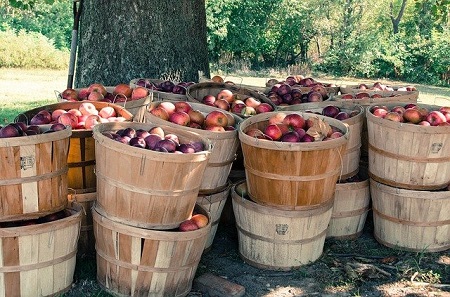 I grew up with the knowledge that my parents loved me a bushel and a peck. How did I know that? They told me many times. They also sang “A Bushel and a Peck” from the Broadway show, “Guys and Dolls.” Their love made me feel snug as a bug in a rug.
I grew up with the knowledge that my parents loved me a bushel and a peck. How did I know that? They told me many times. They also sang “A Bushel and a Peck” from the Broadway show, “Guys and Dolls.” Their love made me feel snug as a bug in a rug.
My dad grew apples. Many people bought them in large bushel baskets. Others wanted only a peck (four pecks equal a bushel). Both are large amounts. A bushel and a peck together make a right smart of apples.
A bushel and a peck mean a lot.
Therefore, when my parents told me they loved me a bushel and a peck, they meant they loved me a great deal. At times, they held their arms wide to show another measure of their love.
Bushel and a peck often emphasize one person’s love for another.
Although the Broadway song focuses on romantic love, the expression can also refer to love of other people or things.
God gives the greatest measure of love.
God created all people and all things, including:
- Everything that goes in our baskets
- The materials that make the baskets
God also showers us with never-failing love, too great to measure. May we never fail to share God’s love for all creation and everyone in it.
“Who has measured the waters in the hollow of his hand, or with the breadth of his hand marked off the heavens? Who has held the dust of the earth in a basket, or weighed the mountains on the scales and the hills in a balance? (Isaiah 40:12 NIV).
Thanks to Darrin Jenkins for the suggestion. Image by judymccleery from Pixabay
Do you have an expression you want explained? If so, please comment below.
Subscribe to receive my weekly posts by email and receive a free copy of “Words of Hope for Days that Hurt.”
If you enjoyed this post, please share it with your friends.
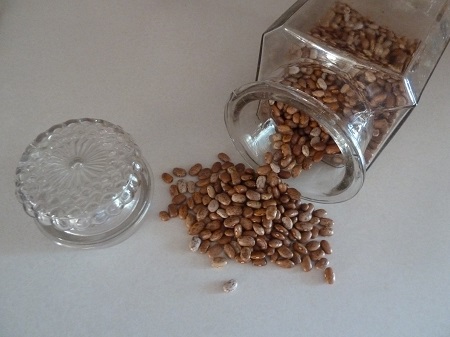 Most of us know people who cannot keep a secret. They always find a way to spill the beans.
Most of us know people who cannot keep a secret. They always find a way to spill the beans. In our
In our 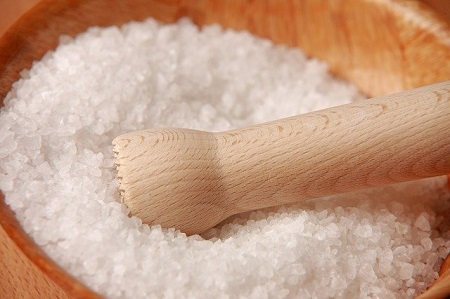 Years ago, people treated many medical emergencies at home. One common remedy was to pour or rub salt in a wound. That solution often caused more pain than the original problem.
Years ago, people treated many medical emergencies at home. One common remedy was to pour or rub salt in a wound. That solution often caused more pain than the original problem. My dog Dashaway was my favorite pet. She would stick like glue anytime I went outside.
My dog Dashaway was my favorite pet. She would stick like glue anytime I went outside.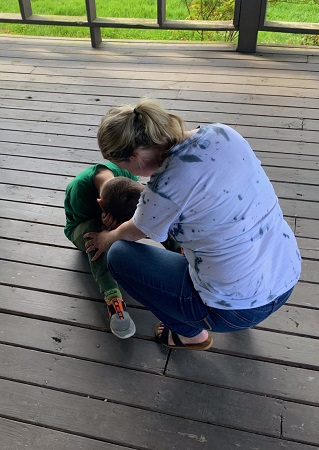 “Tell me the truth. You will feel better if you do. Confession is good for the soul.”
“Tell me the truth. You will feel better if you do. Confession is good for the soul.”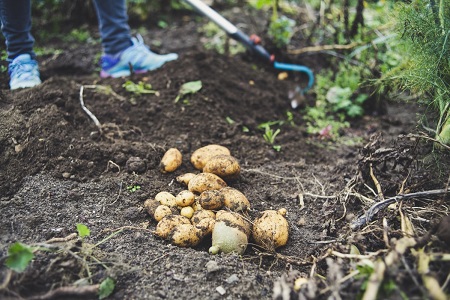 When gardeners dig potatoes, they usually look for lots of large ones. Small potatoes often get thrown away.
When gardeners dig potatoes, they usually look for lots of large ones. Small potatoes often get thrown away. When you try to harm others, you often end up harming yourself more. You cut off your nose to spite your face. This happens at any age.
When you try to harm others, you often end up harming yourself more. You cut off your nose to spite your face. This happens at any age.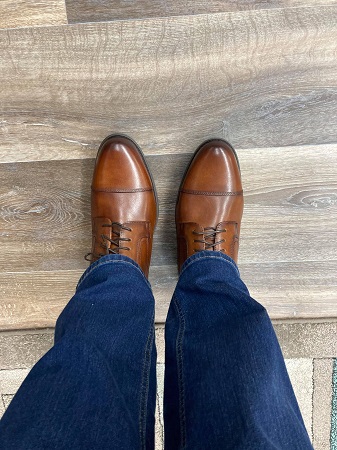 If we put the right shoe on the right foot, it feels fine. However, if we put it on the left foot, it hurts. We don’t like it when the shoe is on the other foot.
If we put the right shoe on the right foot, it feels fine. However, if we put it on the left foot, it hurts. We don’t like it when the shoe is on the other foot. “Do you prefer ice cream, cake, or both?” “I’m leaving now. Is that okay?” “Mind if I change the station on TV?” For all these questions, we might answer, “It don’t make me no never mind.” Of course, we don’t give that answer if we prefer correct grammar.
“Do you prefer ice cream, cake, or both?” “I’m leaving now. Is that okay?” “Mind if I change the station on TV?” For all these questions, we might answer, “It don’t make me no never mind.” Of course, we don’t give that answer if we prefer correct grammar.